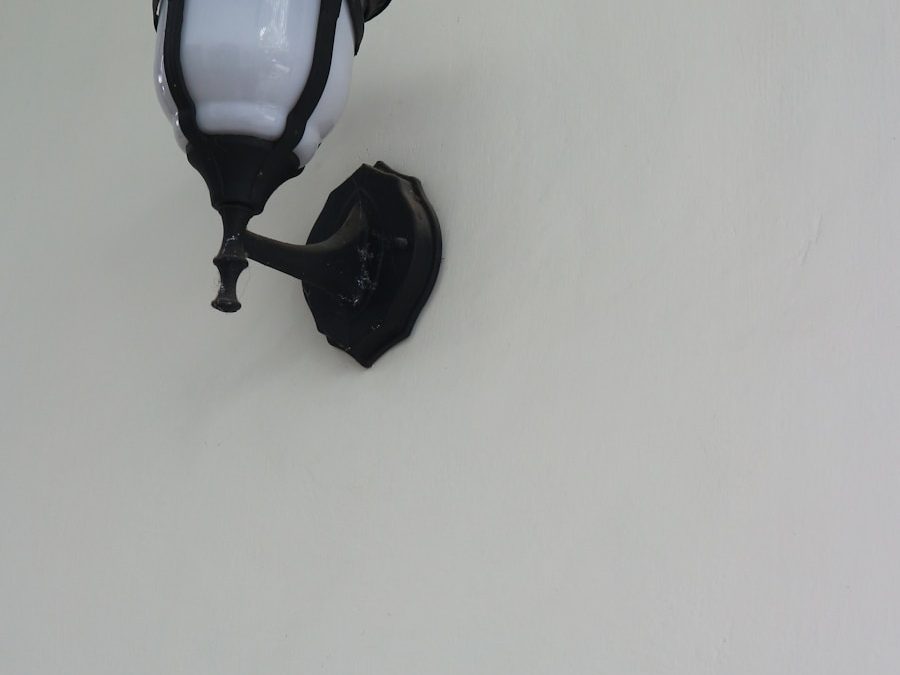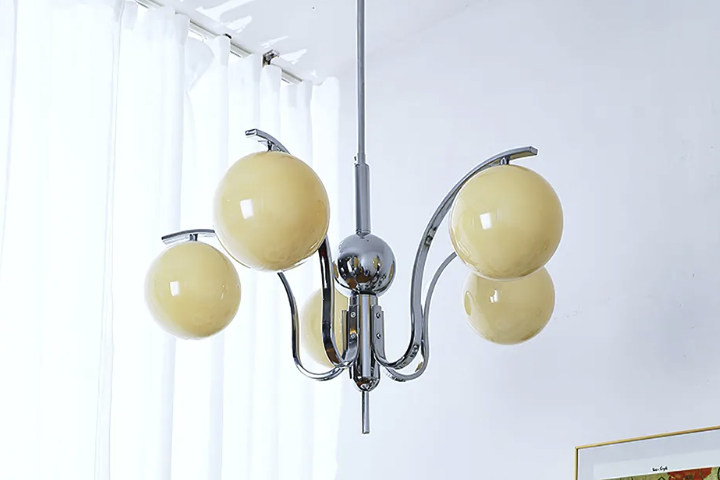Unleashing the Beauty of Nature: The Artistry of Amazing Flower Arrangements
Introduction
Flowers have been known to symbolize love, beauty, and gratitude. For centuries, they have been used as gifts, decorations, and as a way of expressing emotions. The art of flower arrangement takes these qualities to another level, creating stunning displays that not only capture the essence of the flower but also evoke emotions and moods to those who view them.
The History and Evolution of Flower Arrangements
Flower arranging is an ancient tradition that dates back to the Egyptians, Greeks, and Romans. The Egyptians were the first to use flowers and plants in decorative arrangements, mainly for religious purposes. The Greeks used flowers and herbs to create wreaths and garlands to wear as headdresses. In Japan, the art of flower arranging, or Ikebana, has been practiced for over 600 years.
Over time, the art of flower arrangement has evolved into various styles, including the traditional European style, the modern contemporary style, and the minimalistic Japanese style. These styles have been shaped by cultural influences, geographic location, and the availability of flowers and greenery.
European Style Flower Arrangements
European style flower arrangements emphasize the flower’s beauty, color, and texture. They often feature traditional vase arrangements, but can also include wreaths and other decorative arrangements. The emphasis is on the flower itself rather than its surroundings, resulting in a more natural-looking arrangement. Popular flowers used in European style arrangements include roses, lilies, and irises.
Modern Contemporary Style Flower Arrangements
Modern contemporary style flower arrangements are bold, asymmetrical, and often feature vivid colors and unusual shapes. The goal is to create a visual impact, often using unconventional containers or floral foam to create unexpected shapes. This style is a departure from traditional arrangements, incorporating non-floral elements such as branches, berries, and rocks.
Japanese Style Flower Arrangements
Japanese style flower arrangements, known as Ikebana, is a minimalistic style that focuses on the beauty of space and form. The arrangement is created in three parts, emphasizing three elements: the container, the floral material, and the space between them. The goal is to create a harmony between these elements, creating an arrangement that evokes serenity and simplicity.
The Benefits and Significance of Flower Arrangements
Flower arrangements offer several benefits beyond their aesthetic value. Studies have found that flowers and plants can improve mood, reduce stress, and improve concentration. They also improve air quality and help to create a calming environment.
Flower arrangements are also significant in many cultural events, such as weddings and funerals, symbolizing love and gratitude, or mourning and remembrance. They offer a visual representation of our emotions and can help us to express what words cannot.
Conclusion
Flower arrangements are an art form that has evolved over centuries, shaped by culture, geography, and artistic expression. They offer benefits beyond their aesthetic value and play a significant role in many cultural events. Whether it be the traditional European style, the modern contemporary style, or the minimalistic Japanese style, flower arrangements evoke emotions and capture the essence of the flower, unleashing the beauty of nature.



